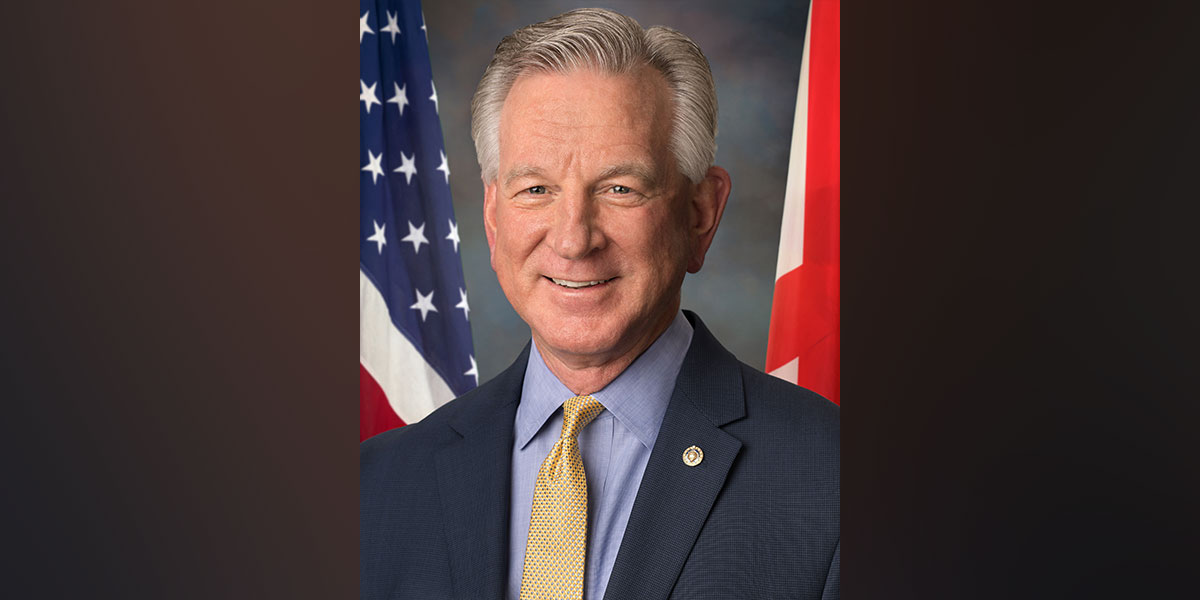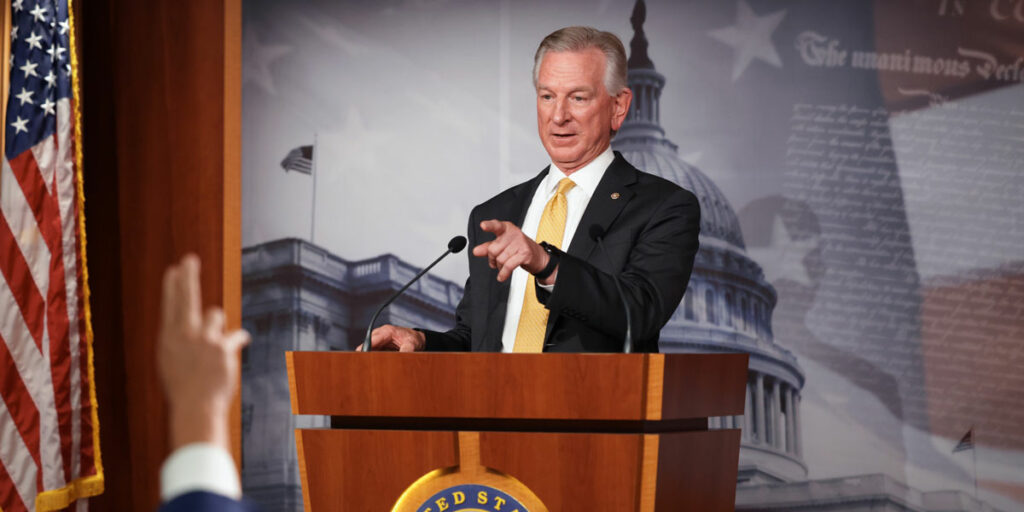Last month we leapt forward. We should never fall back again. Enough is enough.
The idea of Daylight Saving Time was originally known as “War Time” and was introduced as a temporary measure to conserve energy and better use our resources during World War II.
Now, nearly 100 years later, American energy consumption has rapidly changed. While adjustments to our clocks might have made sense when it first began, it does not make sense anymore.
That is why I joined Sen. Marco Rubio and a bipartisan group of colleagues to reintroduce the Sunshine Protection Act to make Daylight Saving Time permanent. The bill would provide an extra hour of sunlight in the afternoon, which would be most noticeable during the dark and cold winter months.
Many studies have proven that extra sunlight in the evening can lead to improvements in mental health, physical fitness, economic growth, and overall well-being. It’s a simple way we could positively impact the day-to-day life of all Americans. And it would also be a chance for Congress to finally get something done that a lot of people care about.
Shifting clocks can disrupt sleep patterns, but permanent Daylight Saving Time will help Americans maintain a consistent sleep schedule. Studies have suggested that the disruption of sleep patterns associated with the shift in time have increased the risk of cardiovascular disease and physical injuries.
Northwestern Medicine found that the “fall back” and ‘spring forward’ comes with 9% spike in fatal car accidents and a 24% higher risk of heart attacks. Additionally, the long-term effects linked to Daylight Saving Time included weight gain, cluster headaches, and depression. The time switch in the fall increases Seasonal Affective Disorder every year — and a study published in 2017 found that the transition from Daylight Saving Time
to Standard Time increased the number of hospital visits for depression by 11%.
Permanent Daylight Saving Time will provide extra sunlight in the evening, encourage more physical activity, including outdoor walks, participation in recreational activities, and attendance at outdoor events. Kids will be able to enjoy more time outdoors after school with friends year-round, and older
Americans will have more access to critical Vitamin D, which helps prevent osteoporosis. Longer daylight hours in the evening have been proven to stimulate economic activity as well, as people are more likely to shop, dine out, and participate in group activities when it is light outside.
COVID lockdowns and their crippling economic effect throughout the country underscored how valuable our small businesses are — for local economies and our nation as a whole. People suffered greatly from being stuck indoors.
The agriculture industry is also greatly affected by Daylight Saving Time, as more sunshine during working hours means more time to work in the fields — which could translate into a more profitable bottom line. It could also decrease expensive energy consumption on farms by reducing the need for artificial lighting and heating. Estimates state that the time change costs the U.S. economy $430 million dollars in lost productivity annually.
Alabama — along with 17 other states — has already passed legislation to end the outdated practice of changing our clocks. However, the federal government must act to make those laws go into effect.
Congress should listen to the people and pass the Sunshine Protection Act to make Daylight Saving Time permanent before we readjust our clocks again this fall. The change would improve our health, bolster our economy, benefit our farmers, and put America on the path to a brighter future.
It’s time for America to move forward and stop falling back.











